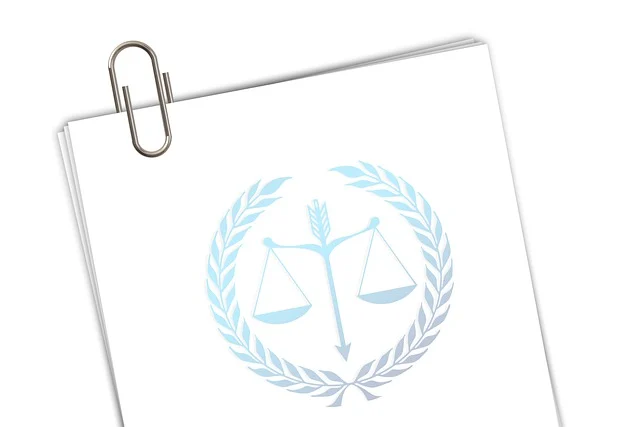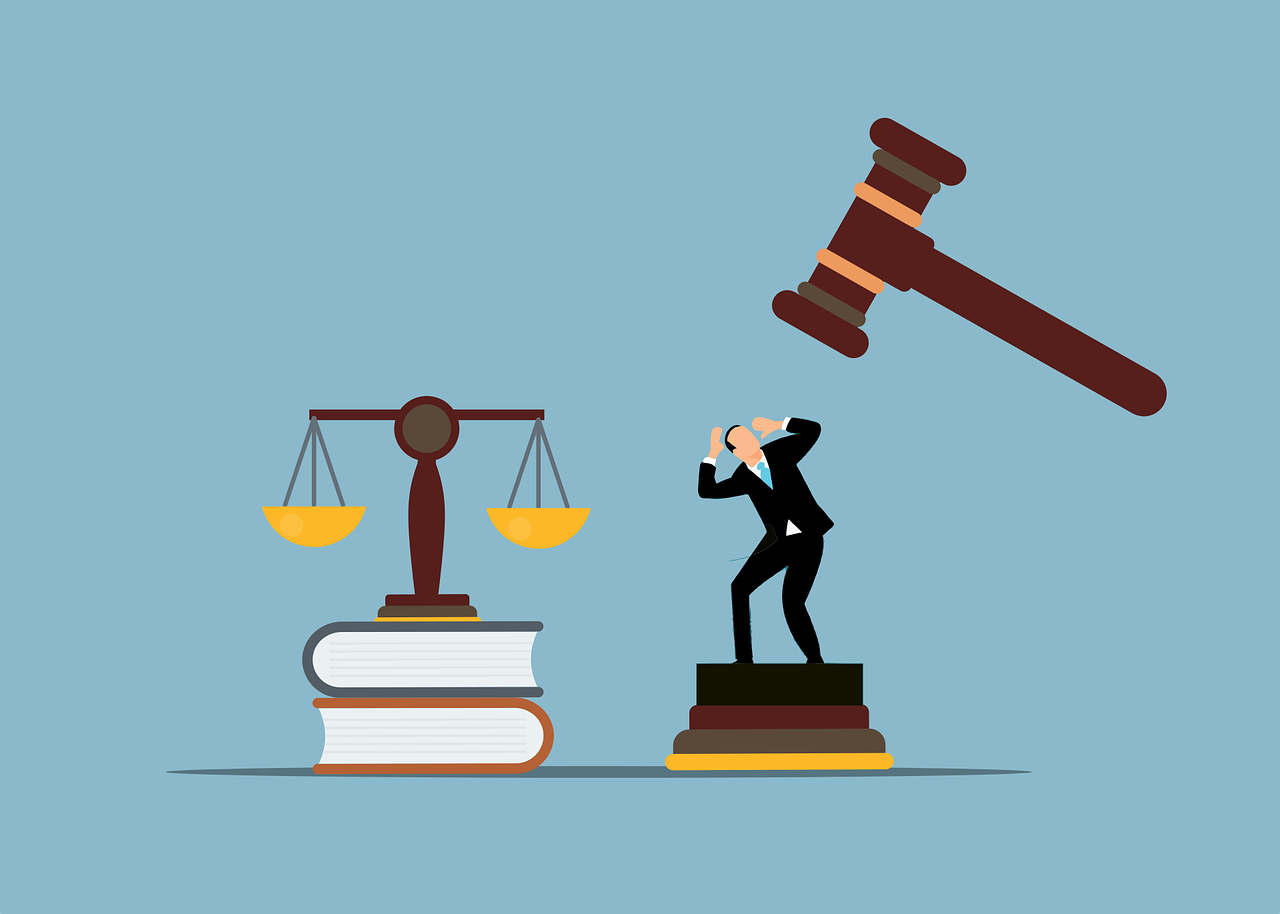Divorce is a life-altering experience that brings with it emotional, financial, and legal complexities. The legal aspect of divorce, in particular, can be challenging to navigate, and mistakes made during this process can have long-lasting consequences. Understanding common legal missteps and how to avoid them is essential for ensuring a smoother divorce process. This article outlines the most significant legal mistakes individuals make during a divorce and offers expert tips to help you steer clear of them.

One of the most critical mistakes in a divorce is failing to hire competent legal representation. Divorce law can be intricate, and attempting to handle the legal process alone may lead to unfavorable outcomes. A skilled divorce attorney is well-versed in state-specific laws, ensures all paperwork is filed correctly, and advocates for your best interests. Relying on generic online advice or do-it-yourself legal kits might save money initially but can lead to costly mistakes in the long run. In 2025, statistics revealed that 65% of individuals who did not hire an attorney during their divorce reported regrets about the final settlement, often citing inequitable asset distribution or lack of custody agreements. Consulting a reputable lawyer is a wise investment in securing your future.
Another common legal mistake is failing to fully disclose financial information. Divorce proceedings require complete transparency regarding assets, liabilities, and income to ensure an equitable division of property. Hiding assets, whether intentional or accidental, can lead to severe legal repercussions, including penalties or an unfavorable judgment. Courts rely on accurate financial disclosures to make fair decisions, and withholding information undermines this process. For example, in 2025, a case in California saw a spouse ordered to forfeit a significant portion of hidden assets discovered post-divorce. To avoid such situations, be honest and thorough when documenting your financial situation, including bank accounts, investments, and real estate holdings.
Poor communication during divorce proceedings is another pitfall that can lead to legal complications. Emotional tensions often run high in divorces, but allowing anger or resentment to dictate communication can escalate conflicts and hinder progress. This is particularly problematic when communication involves legal matters such as custody arrangements or property division. In 2025, surveys showed that divorces with constructive communication between spouses were 30% more likely to conclude amicably compared to those plagued by hostility. To avoid this mistake, work on maintaining a professional and cooperative demeanor. Mediation or collaborative divorce processes can also help foster constructive dialogue and reduce the adversarial nature of traditional divorce litigation.
Overlooking the long-term implications of divorce settlements is another critical error. In the rush to finalize the divorce, individuals may agree to terms that seem satisfactory in the short term but have adverse effects later. For instance, agreeing to keep the family home without fully understanding the associated financial burden can lead to struggles with mortgage payments and maintenance costs. Similarly, neglecting to account for future expenses, such as children’s education or retirement savings, can create financial instability. According to 2025 financial analysis data, nearly 40% of divorced individuals who failed to consider long-term planning faced financial challenges within five years. Consulting with a financial advisor alongside your attorney can help you understand the full impact of your settlement decisions.
Failing to update legal documents and accounts after the divorce is another frequently overlooked step. Once the divorce is finalized, it’s crucial to revise your will, trust, power of attorney, and beneficiaries on life insurance policies and retirement accounts. Neglecting to do so can result in assets unintentionally going to an ex-spouse, even if the divorce agreement specifies otherwise. For instance, in a widely reported 2025 case, a retired individual failed to update their pension beneficiary after divorcing, leading to a legal dispute when the ex-spouse claimed the funds. To prevent such issues, prioritize updating all legal and financial documents immediately after the divorce.

Another mistake is underestimating the importance of child custody and visitation agreements. Parents often focus on immediate concerns and fail to consider how custody arrangements will impact their children’s well-being over time. Disputes can arise if agreements are vague or do not account for future circumstances, such as relocation or changes in work schedules. Courts prioritize the best interests of the child, so it’s essential to create a detailed and flexible custody agreement. In 2025, family law experts emphasized that well-crafted custody agreements significantly reduce post-divorce conflicts, leading to better outcomes for children. Work closely with your attorney to create a plan that addresses current needs while allowing for adjustments as circumstances change.
Lastly, allowing emotions to overshadow legal decisions is a mistake that can have far-reaching consequences. Divorce is inherently emotional, but letting anger or a desire for revenge guide your actions can lead to irrational decisions. For example, insisting on prolonged litigation to punish a spouse can deplete financial resources and prolong emotional distress for all involved. In 2025, courts reported an increase in contentious divorces, with judges frequently urging parties to focus on practical resolutions rather than personal grievances. Approaching the divorce process with a level-headed perspective and focusing on achieving a fair outcome can save time, money, and emotional energy.
Divorce is a complex process, and avoiding these common legal mistakes can make it less stressful and more equitable for both parties. By hiring a competent attorney, maintaining transparency, fostering constructive communication, and planning for the future, you can navigate the legal intricacies of divorce more effectively. Additionally, updating legal documents, prioritizing well-being in custody arrangements, and managing emotions will help ensure a smoother transition into post-divorce life. Taking these steps not only protects your rights but also sets the stage for a stable and fulfilling future. For more insights and expert guidance, visit Reliefamily.com.

